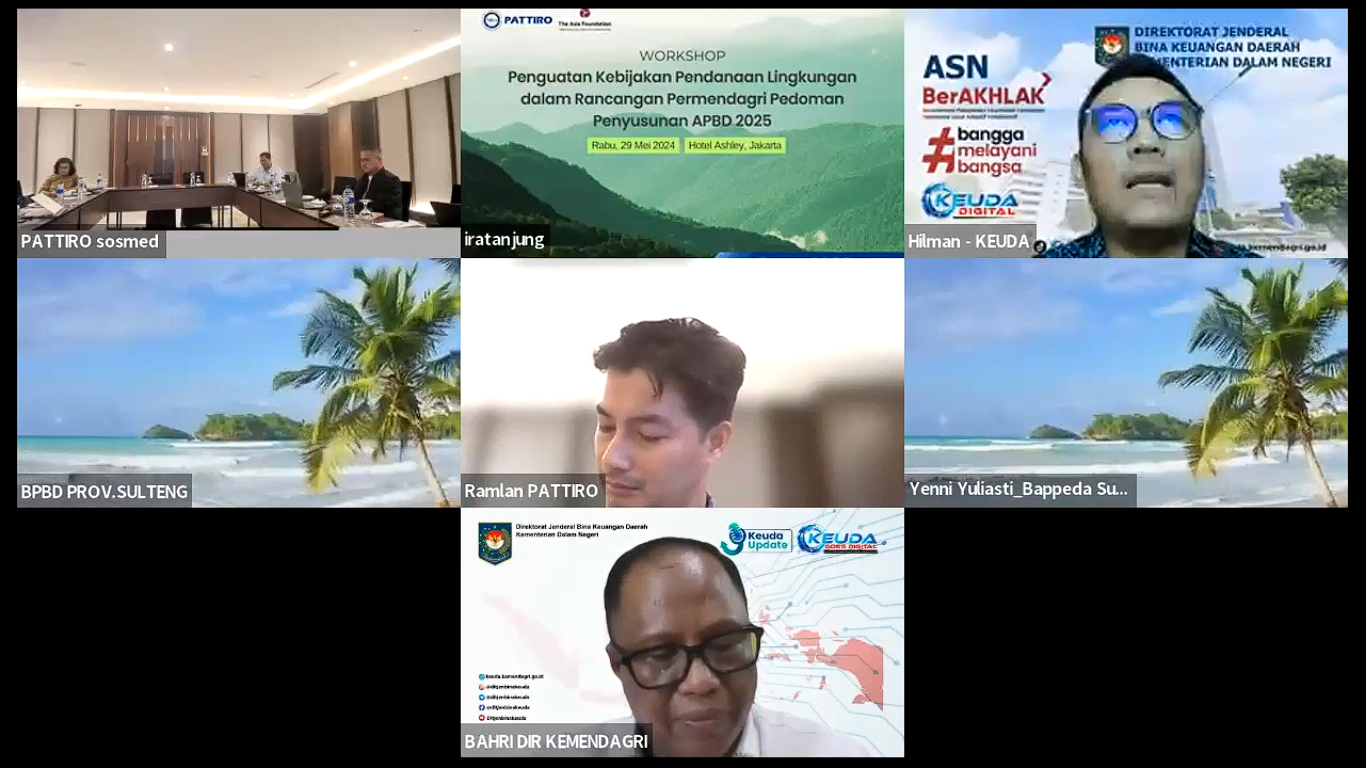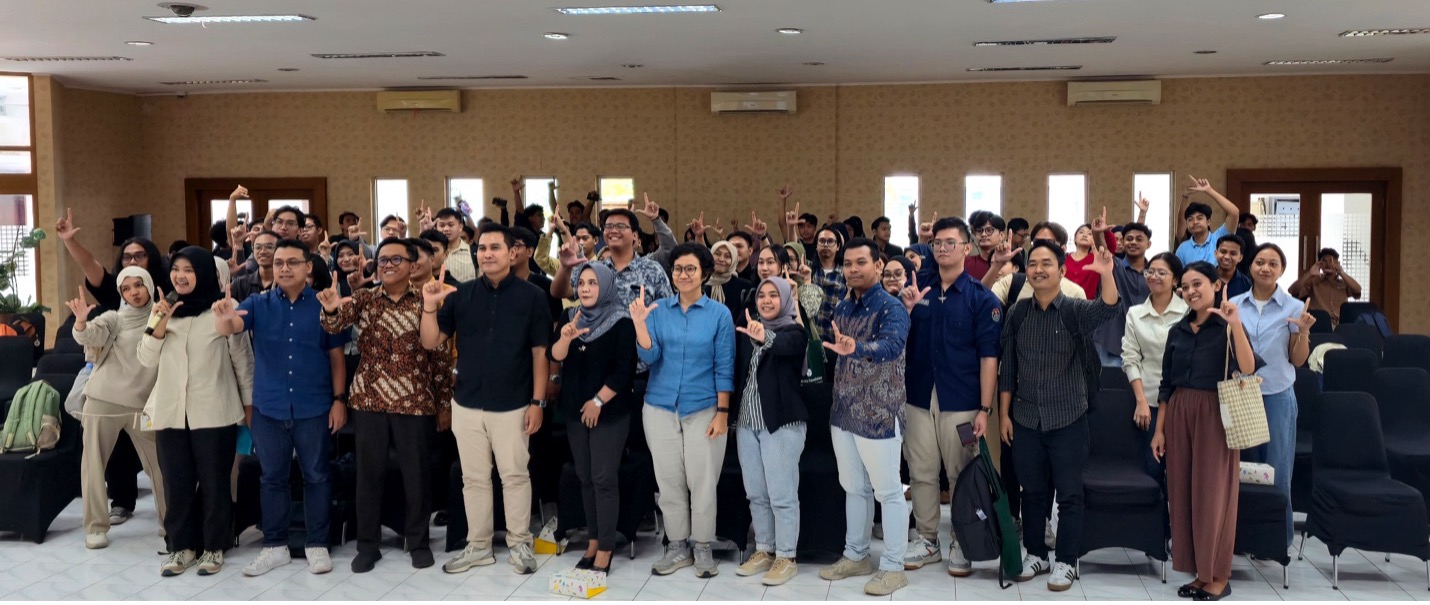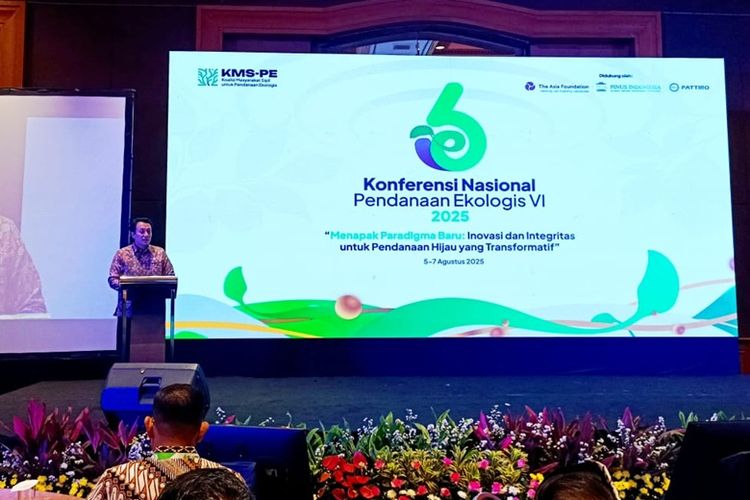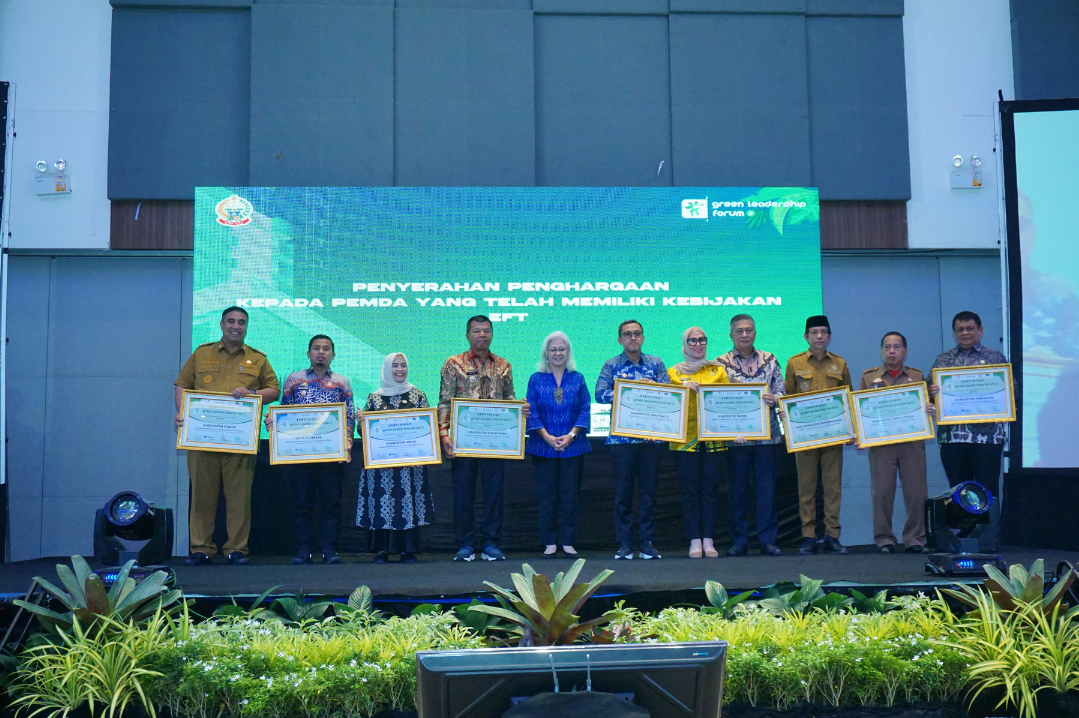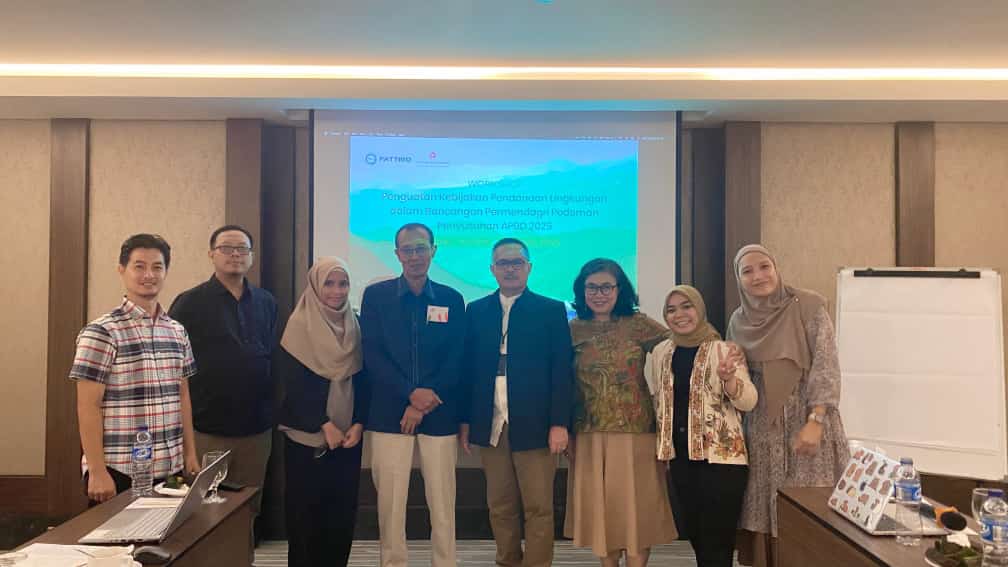
The implementation of a green economy needs to be supported by regulations that provide long-term social benefits and minimize environmental risks. This needs to be supported by environmental funding policies in regional spending. This policy also aims to strengthen the implementation of the mandate of Law (UU) Number 32 of 2009 concerning Environmental Protection and Management (UU PPLH).
Environmental management is a systematic and integrated effort. Based on the results of PATTIRO’s study, the mandate of the PPLH Law that mandates local governments to allocate their budgets for the environment has not been accommodated in the Minister of Home Affairs Regulation (Permendagri) Number 15 of 2023 concerning Guidelines for Preparing the Regional Budget (APBD) for Fiscal Year 2024.
Sumyati, PATTIRO Program Officer, in her presentation at the Workshop on Strengthening Environmental Funding Policies in the Draft Permendagri Guidelines for Preparing the 2025 Regional Budget at Hotel Ashley Tanah Abang (Thursday, 29/05) explained that the mandate of the PPLH Law is then reinforced by Government Regulation (PP) Number 46 of 2017 concerning Environmental Economic Instruments which states that the environmental budget can be provided through financial assistance.
“Therefore, PATTIRO proposes to encourage ecology-based Special Financial Assistance so that local governments allocate regional spending for the environment,” said Sumyati.
Special Financial Assistance is chosen because the budget allocation is determined by the donor, in this case the regional head. The regional head can instruct the financial assistance provided to be used for the environment. Special Financial Assistance for environmental protection is given to local governments and villages to incentivize environmental funding and accelerate gender-based budgeting.
Environmental economic instruments include development planning and economic activities, incentives, and/or disincentives. These economic instruments and the environment-based budget are instruments to prevent environmental pollution and/or damage.
Bahri, Director of Regional Budget Planning at the Ministry of Home Affairs (MoHA), added that one of the categories of environmental economic instruments in PP 46/2017 is compensation for environmental services. “The proposed Special Environmental Financial Assistance can be included in the compensation for environmental services from regions to regions or from regions to individual environmental service providers,” Bahri said.
Matheus Agus Kristianto, Central and Regional Financial Analyst at the Ministry of Finance (MoF), said that the MoF strongly supports environmental funding. “So far, we (the Ministry of Finance) have provided fiscal incentives for regions that are good at environmental management and protection,” said Matheus.
Apik Karyana, Principal Planner Functional Officer of the Planning Bureau of the Ministry of Environment and Forestry (KLHK), highly appreciated PATTIRO’s proposal. He said environmental issues are included in the vision and mission of the President and Vice President-elect, Prabowo-Gibran, Asta Cita, in the second point, namely strengthening the national security defense system and encouraging national independence through self-sufficiency in food, energy, water, creative economy, green economy, and blue economy.
